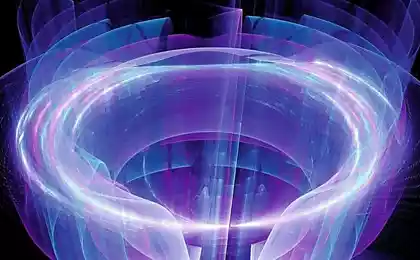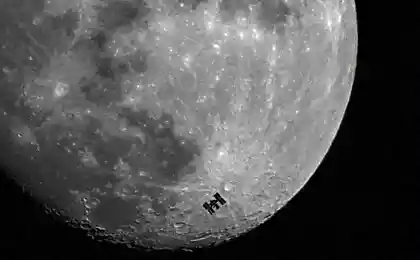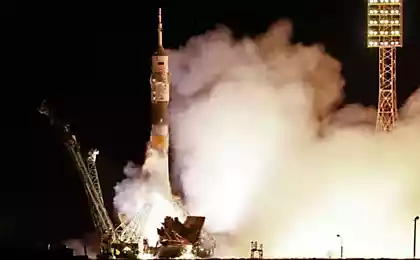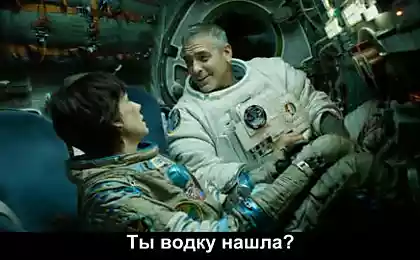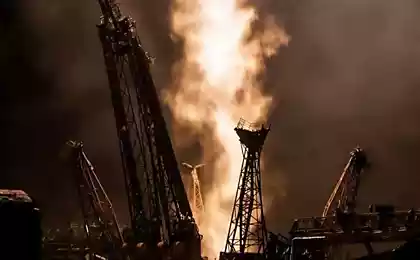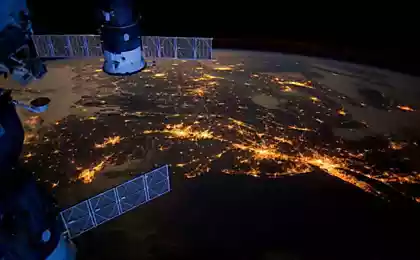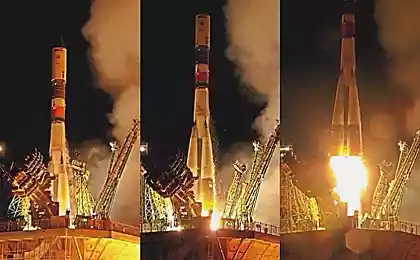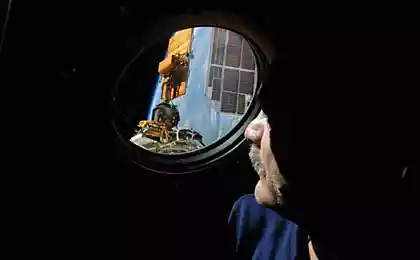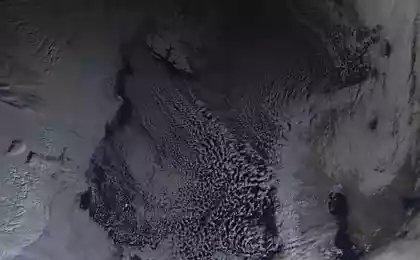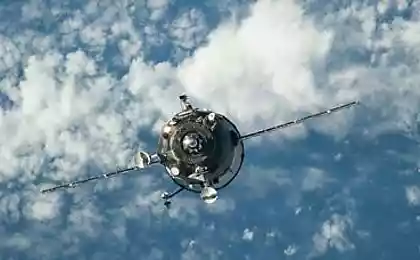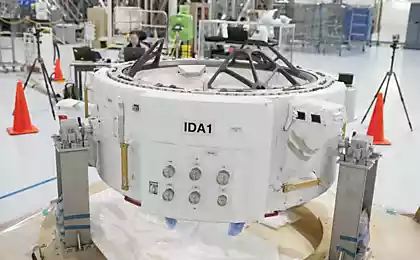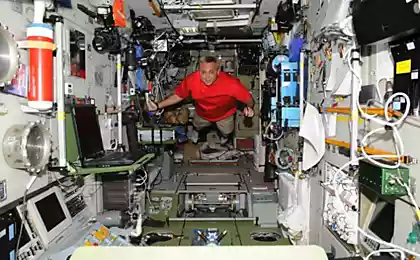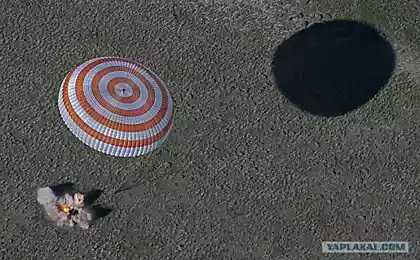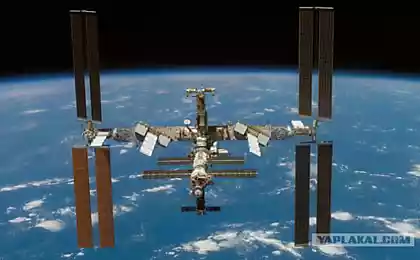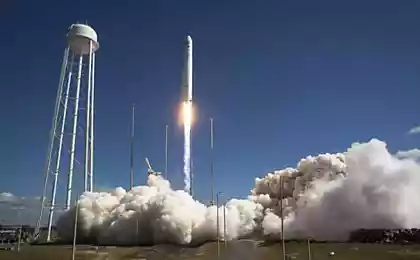502
Radio amateur contacted ISS
An engineer from the city of Pavlovsky on Oka-contacted the International Space Station c using a conventional shortwave transmitter. Communication session lasted less than a minute, but during this time the astronaut had to introduce themselves and announce that he is the second ISS and is also interested in amateur radio.
- I accept your good is Andrew, Paul's city, Nizhny Novgorod region.
- Took the city of Pavlovsk, where the International Space Station, glad to contact you, take you to the breaks. My name is Oleg, I wish you all the best, I am the second ISS. Today I just amateur radio session, the Italians spoke - said a member of the ISS crew.
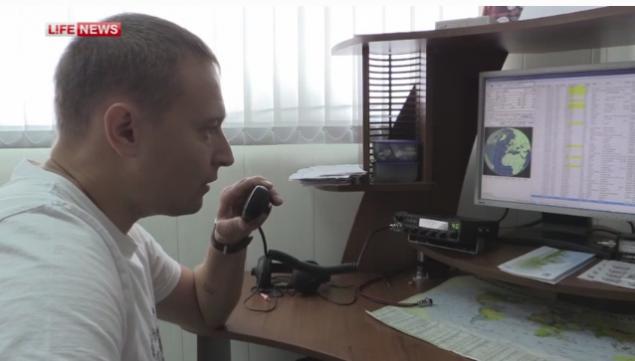
Andrei Fedotov works as the master of home appliances repair. Radio work fascinated him just two years ago, and he gathered the antenna with your hands. As the transceiver uses ordinary shortwave station and the desired device for pairing Andrew also collected himself.
According to him, before he spoke to the radio amateurs all over the world, but to communicate with the ISS went out the first time, you might say, by chance. Communication takes very little time - literally exchange reports, name and wishes. Wanting a lot, people crush each other capacities, but Andrew still hoped to establish a connection.
- He first called to Moscow, but I did not intervene, waiting for the answer. I decided to call, and I was told it's very nice. I was able to talk. He heard me, and he and I had a great time. For me it is unique, because communication with the ISS I did not have ... We came out of pure dialogue somewhere about a minute, it took about two minutes for the installation of the contact - says an engineer from Pavlov.
The Cosmonaut Training Center LifeNews said that day on the ISS clearly regulated and a hobby crew can do after completion of a shift, that is the end of the day, and at this time the station just took over Russia. Astronaut Oleg Artemyev turned amateur radio veteran - he regularly communicates with radio amateurs in Russia and abroad.
Andrei Fedorov plans to improve and strengthen its antenna transmit power, as now have to travel to the suburbs - there is less interference. In addition, he is going to automate the antenna so that it followed the movement of the ISS, it will maximize the duration of the call.
lifenews
- I accept your good is Andrew, Paul's city, Nizhny Novgorod region.
- Took the city of Pavlovsk, where the International Space Station, glad to contact you, take you to the breaks. My name is Oleg, I wish you all the best, I am the second ISS. Today I just amateur radio session, the Italians spoke - said a member of the ISS crew.

Andrei Fedotov works as the master of home appliances repair. Radio work fascinated him just two years ago, and he gathered the antenna with your hands. As the transceiver uses ordinary shortwave station and the desired device for pairing Andrew also collected himself.
According to him, before he spoke to the radio amateurs all over the world, but to communicate with the ISS went out the first time, you might say, by chance. Communication takes very little time - literally exchange reports, name and wishes. Wanting a lot, people crush each other capacities, but Andrew still hoped to establish a connection.
- He first called to Moscow, but I did not intervene, waiting for the answer. I decided to call, and I was told it's very nice. I was able to talk. He heard me, and he and I had a great time. For me it is unique, because communication with the ISS I did not have ... We came out of pure dialogue somewhere about a minute, it took about two minutes for the installation of the contact - says an engineer from Pavlov.
The Cosmonaut Training Center LifeNews said that day on the ISS clearly regulated and a hobby crew can do after completion of a shift, that is the end of the day, and at this time the station just took over Russia. Astronaut Oleg Artemyev turned amateur radio veteran - he regularly communicates with radio amateurs in Russia and abroad.
Andrei Fedorov plans to improve and strengthen its antenna transmit power, as now have to travel to the suburbs - there is less interference. In addition, he is going to automate the antenna so that it followed the movement of the ISS, it will maximize the duration of the call.
lifenews
